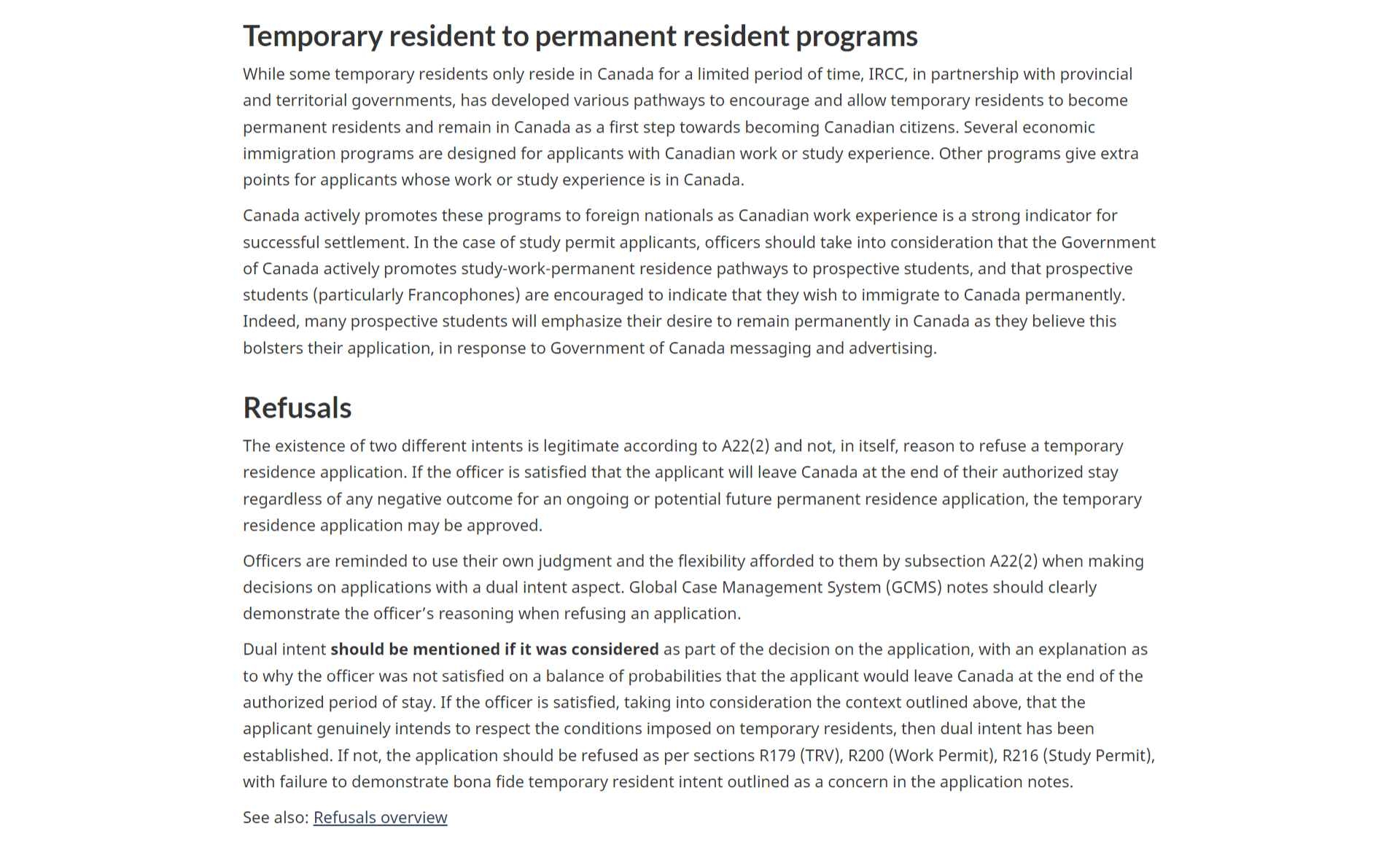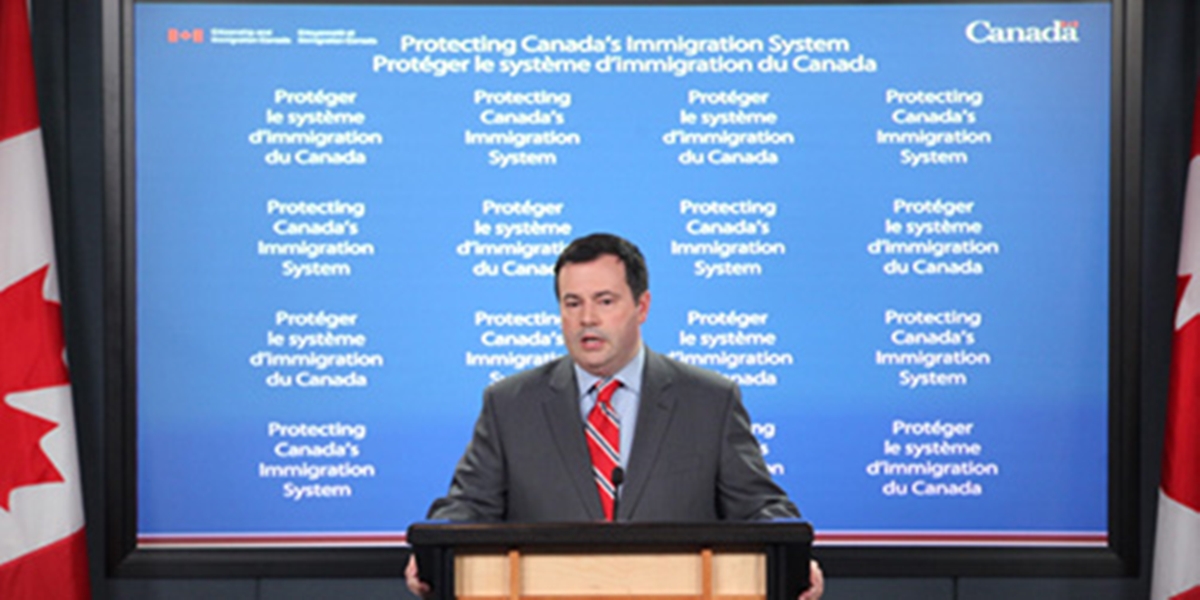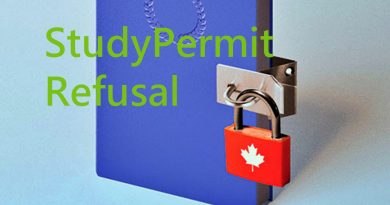New Policy: IRCC Acknowledges Dual Intent is a Legitimate Circumstance
This means that the assessment should be based on the merits of the application, regardless of the applicant’s dual intent, and should not involve any bias or prejudice against their intentions to eventually apply for permanent residence in Canada. The officer must examine all relevant factors to determine whether the applicant meets the requirements for temporary residence, such as having a genuine intention to leave Canada at the end of their authorized stay, and should provide the applicant with a clear explanation of the reasons for any refusal.

Ultimately, the goal of the assessment is to ensure that only eligible individuals are granted temporary residence in Canada, regardless of their ultimate intentions.
The applicant has the right to a fair and impartial decision maker, and it is the responsibility of the officer to ensure that there is no possibility or perception of bias in their decision-making process. This means that officers should avoid making assumptions about an applicant’s intentions based solely on the fact that they have an open or prospective permanent residence application.
Examples of bias could include assuming that an applicant with a permanent residence application automatically desires to stay in Canada beyond their authorized stay, or treating an applicant with dual intent differently from other applicants. Such assumptions can create a perception of unfairness and lead to a decision that is not based on the merits of the individual case.
Therefore, officers must base their decisions on the specific facts and circumstances of the case, taking into account all relevant factors, and providing clear and transparent reasoning for their decisions. By doing so, the officer can ensure that their decision is procedurally fair and impartial, and that the applicant’s rights are respected throughout the application process.





